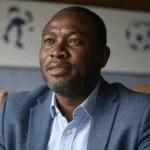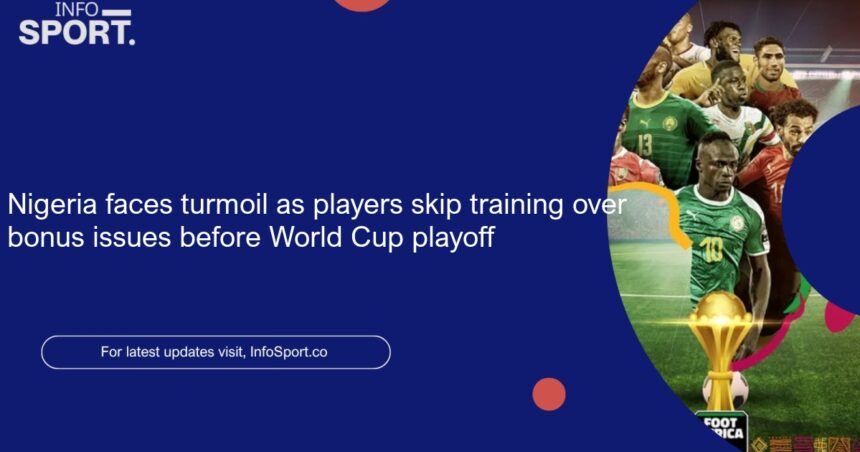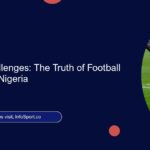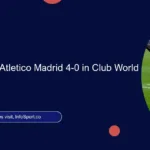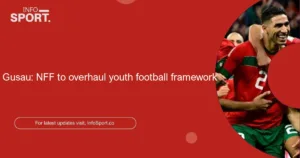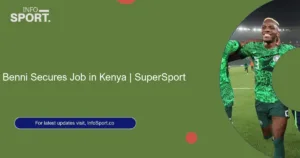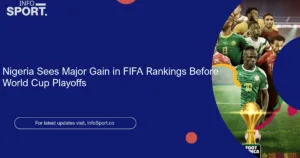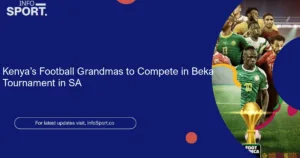Nigeria in Crisis as Players Boycott Training Over Unpaid Bonuses Ahead of Key World Cup Playoff
Players of the Nigerian national football team, the Super Eagles, are currently in crisis mode as they boycott training due to unpaid bonuses. With a crucial 2026 World Cup playoff against Gabon scheduled for November 13, this dispute could significantly impact Nigeria’s chances for qualification to the tournament hosted by the USA, Canada, and Mexico.
Unresolved Financial Issues Impacting Preparation
The Super Eagles, who missed out on automatic World Cup qualification, are facing serious preparation challenges. The Nigerian Football Federation has acknowledged the ongoing grievances related to unpaid bonuses but has not provided any clear timeline for resolution. As a protest, the players and officials have opted to boycott training until the financial dispute is settled. This boycott comes just days before they face Gabon at the Prince Moulay El Hassan Sports Complex in Rabat.
Sources within the team indicate that this action reflects deep dissatisfaction with the Nigerian football authorities’ handling of financial matters. The timing could not be worse, as any delay in training could jeopardize the Super Eagles’ readiness for this critical matchup. Notably, the implications extend beyond this single game; the players’ actions may influence how financial commitments are met in the future, raising questions about the federation’s management of player welfare.
Implications for Future Performance
As the Nigeria Football Federation scrambles to resolve these financial issues, the team may find itself at a crossroads. The broader implications of this dispute are clear: unresolved financial disputes can severely disrupt team morale and performance. With only two days until the playoff, the players’ sentiments about their treatment could have lasting effects on their readiness and psychological state.
The federation must act promptly to restore order and focus, enabling the Super Eagles to prepare adequately for the upcoming challenge. If not resolved swiftly, this situation could affect not just the impending match against Gabon but also Nigeria’s ability to cultivate a winning culture moving forward.
In summary, the current financial discord presents a significant obstacle for Nigeria as they aim to secure their place in the 2026 FIFA World Cup. Correctly addressing these challenges is paramount for both immediate performance and the long-term stability of Nigerian football.
As fans await updates, it remains to be seen how quickly the federation can act and whether the Super Eagles will resume training ahead of this pivotal encounter. Engage with us in the comments below about the implications of financial management in sports and what can be done to prevent such crises in the future.

